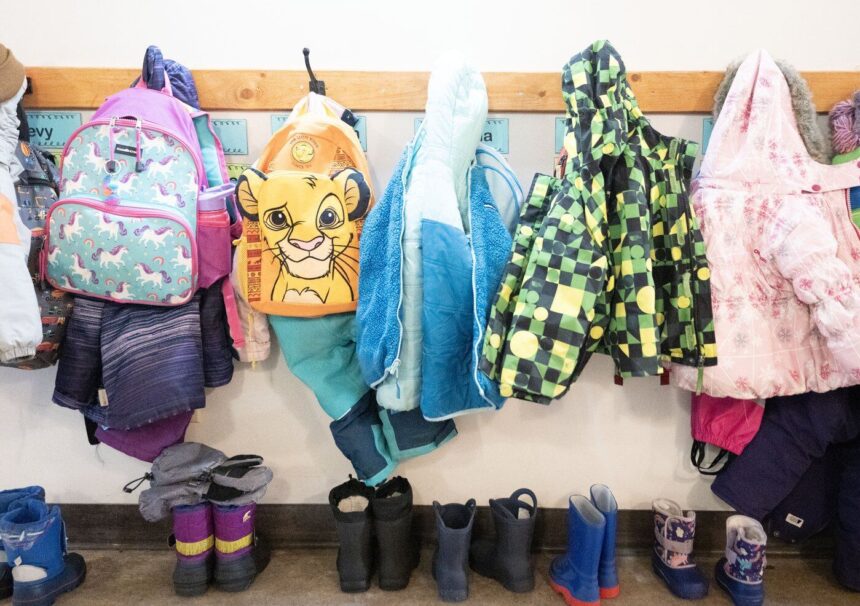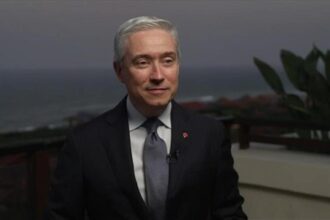In a significant shift for Alberta’s education system, the provincial government has mandated that all schools must implement an opt-in policy for sexual education classes, fundamentally changing how this sensitive subject is taught across the province. The new directive, announced yesterday by Education Minister Adriana LaGrange, represents one of the most substantial changes to sex education delivery in Alberta in over a decade.
“Parents are the primary educators of their children,” LaGrange stated during the announcement at an Edmonton press conference. “This policy acknowledges their right to make informed decisions about when and how their children learn about sexual health topics.”
Under the new framework, schools will be required to send detailed outlines of sexual education curriculum content to parents at least two weeks before classes begin. Parents must then provide explicit written consent for their children to participate, a reversal of the previous system where students were automatically enrolled unless parents opted out.
The Alberta Teachers’ Association has expressed concerns about potential gaps in essential health knowledge. “While we respect parental rights, we worry that some students may miss crucial information about healthy relationships, consent, and personal safety,” said Jason Schilling, ATA president.
The policy change follows months of heated debate across the province, with supporters arguing it strengthens parental rights and opponents warning it could leave vulnerable students without access to vital health information. According to a recent provincial survey, approximately 58% of Alberta parents supported increased control over sexual education content, while 42% preferred the previous system.
Health experts have raised concerns about potential public health implications. Dr. Sandra Thompson, a public health physician specializing in adolescent health, noted: “Comprehensive sexual education has been shown to reduce teen pregnancy rates and sexually transmitted infections. Creating barriers to this information could have unintended consequences.”
School boards across Alberta now face the challenge of implementing the new requirements before the start of the next academic term. Edmonton Public Schools Superintendent Darrel Robertson acknowledged the tight timeline but affirmed the board’s commitment to compliance. “We’re working diligently to develop materials that clearly communicate curriculum content to parents while preparing alternative learning activities for students who don’t participate.”
The policy also stipulates that schools must provide alternative educational activities for students whose parents decline consent, raising questions about resource allocation and supervision within already stretched school budgets.
As Alberta charts this new course in sexual education delivery, one question looms large for educators, parents, and students alike: In our increasingly complex world, how do we balance parental authority with ensuring all young people have access to the knowledge they need to make informed decisions about their health and relationships?










